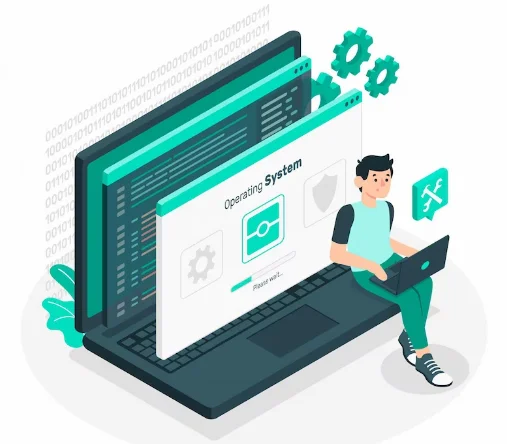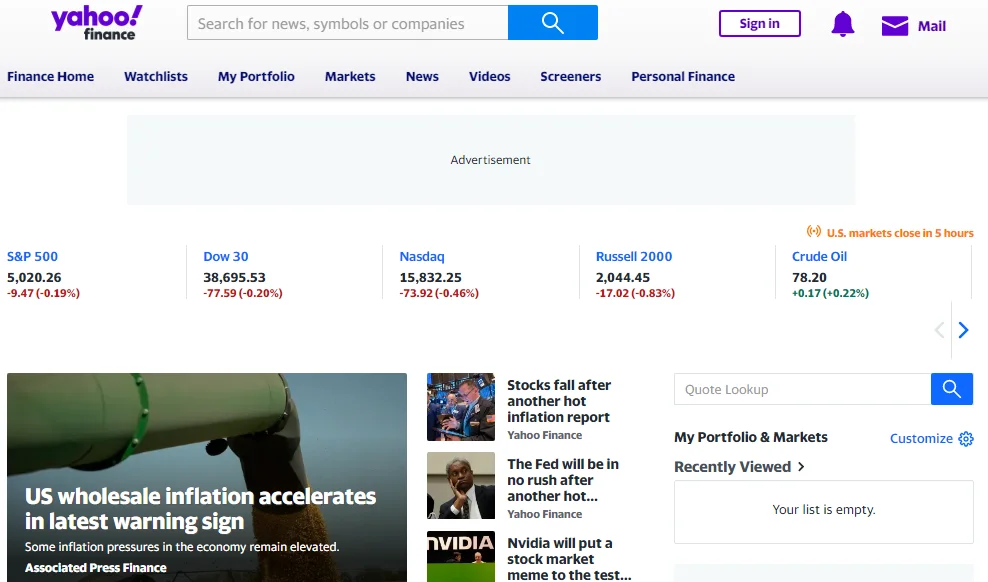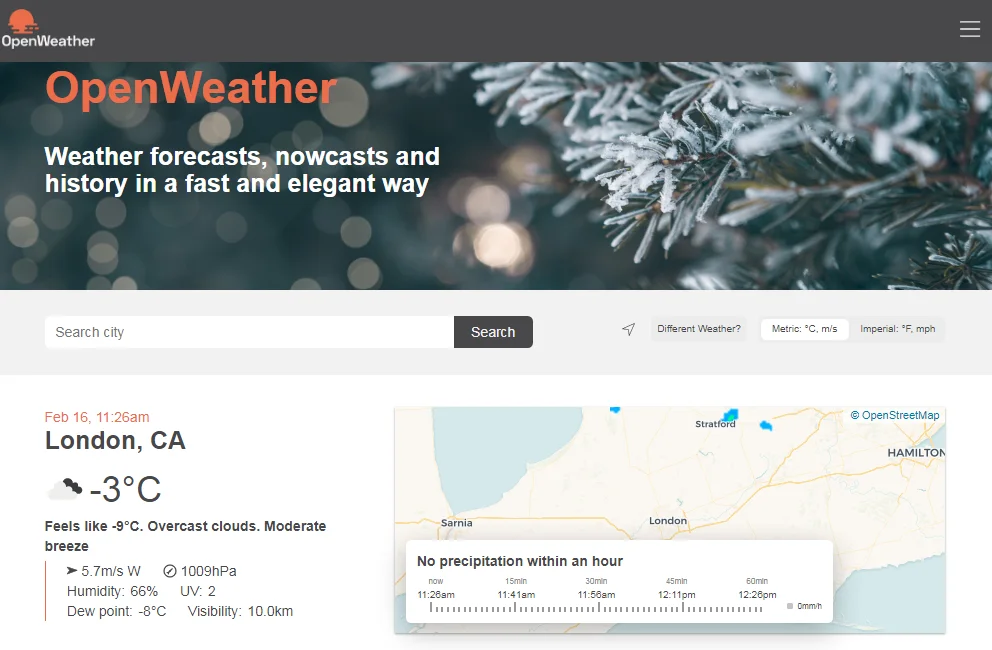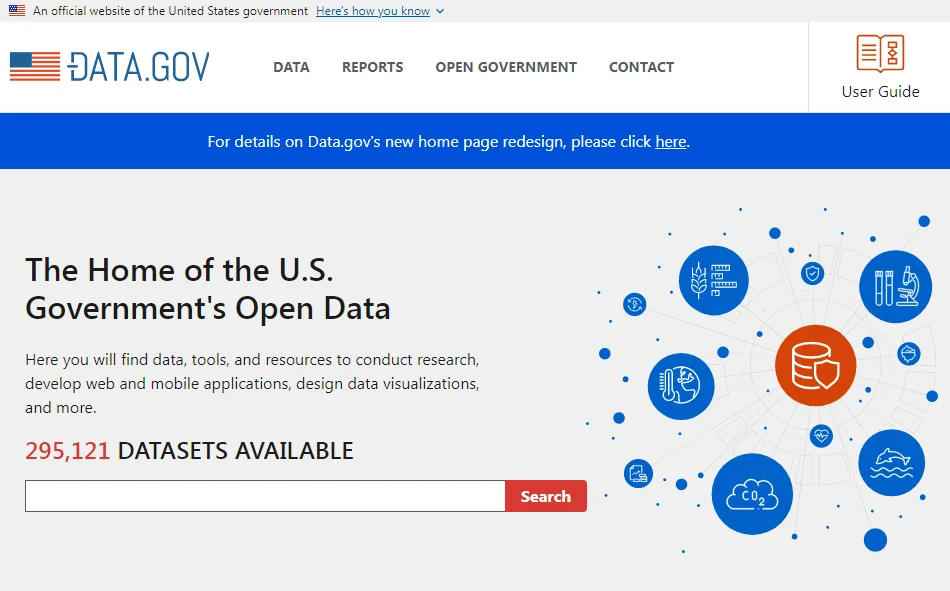Ever wondered how data analysts, marketers, and researchers acquire the vast datasets they use for insights and forecasts? The answer often lies in a technique called web scraping, which enables the extraction of data from various websites.
However, not all websites permit this practice. In some countries, scraping is a risky endeavor due to strict policies and legal barriers. What are the safest places to gather data without violating the law?
In this blog post, I will explore five top websites that allow web scraping. These platforms provide opportunities for ethically and legally collecting valuable data for your projects. Keep reading to discover your next data goldmine!
What is Web Scraping?

Web scraping is a method used to extract data from websites automatically. Instead of manually copying and pasting information, web scraping proxy can gather large amounts of data quickly.
This data can include text, images, user statistics, and other types of information found on websites.
How Does Web Scraping Work at a High Level?
Let me explain how web scraping works:-
- First, a request is sent to the server hosting the website.
- Then, the server sends back the website’s data, usually in HTML format.
- The scraping tool reads this HTML to find the data you want.
- It collects that data and puts it into a structured format like CSV, JSON, or a database.
The great thing about web scraping is that it can run automatically once it’s set up. This means you can gather data without having to do much yourself, making it really convenient.
Web Scraping Tools Commonly Used
Choosing the right scraping tool will depend on your specific needs, your technical skill level, and the complexity of the data you intend to collect. The following is a list of some popular web scraping tools:
| Tools | Language | Difficulty Level | Ideal For |
| Beautiful Soup | Python | Beginner to Intermediate | HTML and XML parsing |
| Scrapy | Python | Intermediate to Advanced | Complex, multi-page scraping |
| Selenium | Various (Python, Java, etc.) | Intermediate | Dynamic websites with JavaScript |
| Octoparse | N/A (GUI-based) | Beginner | Non-coders, simple projects |
| Puppeteer | JavaScript | Intermediate | Client-side scripting, headless browsing |
Each web scraping tool has its strengths and weaknesses. For instance, Beautiful Soup is good for easy jobs but might not work well with complicated websites that have many pages. Meanwhile, Scrapy offers more choices and freedom, but it can be harder to learn how to use.
Why Do Some Websites Allow Web Scraping?
Open data means that some information should be accessible to everyone without any restrictions. It can be used and shared freely by anyone without worrying about copyright or other rules.
Many government agencies, research centers, and even some businesses support this idea. Websites that follow open data principles are usually okay with web scraping because they want their information to reach as many people as possible.
Benefits to the Websites Themselves:
Allowing web scraping doesn’t just mean being nice online; it can actually help websites in many ways. Here’s how:
- More Exposure: When websites allow scraping, researchers and journalists might use their data in papers or articles. This can make the website more well-known and respected.
- User Engagement: If a website’s data is useful, people are more likely to visit it often and stay longer. This can create a loyal user base who keep coming back for more.
- Community Development: When scraping is done ethically, it can create a community around the website. People might share tips, write guides, or even make tools that make the website better. This can make the website more valuable to everyone involved.
List of Web Scraping-Friendly Industries:
- Finance: Websites like Yahoo Finance and Google Finance usually let you scrape stock prices and other financial info for personal use.
- Sports Stats: Places like Sports Reference and ESPN often allow scraping of sports stats, which is great for researchers and fans.
- Weather: Websites like OpenWeather and Weather Underground offer data that’s important for things like farming and event planning.
- Government Data: Public databases, such as Data.gov and the European Data Portal, often allow scraping of info like population demographics and government spending records.
- Job Boards: Job websites like Indeed and Glassdoor often let you scrape job listings for research purposes.
- Travel and Hospitality: Sites like Skyscanner and Booking.com often allow the scraping of flight prices and hotel prices, which can be useful for comparing options.
List of Websites that Allow Web Scraping:
Lots of websites are okay with people using tools to collect data from their pages automatically. They might say it’s okay in their terms of service or a file called robots.txt.
Sometimes, it’s just clear from how the website works and how open they are about sharing information. Here are some types of websites that usually allow web scraping:
1. Finance: Yahoo Finance

Yahoo Finance is a website where you can find lots of financial stuff like news about money, current stock prices, and market analysis.
They have different kinds of data available, like stock prices from the past and present, and articles about financial news.
While Yahoo prefers if people use their special Yahoo Finance API to get data because it’s more reliable, they’re generally okay with people doing manual scraping for their own personal use, as long as they’re not making money from it.
It’s not too hard for beginners to scrape data from this website, but knowing some financial terms will help you get better-quality data.
2. Sports Stats: ESPN

ESPN is a big website where you can find lots of sports news and stats, covering different sports like football, basketball, and even esports.
They have data about players, game results, and how teams are doing in the league. ESPN doesn’t say you can’t scrape their data, but they suggest using their API if you want to collect data automatically.
The website can be a bit tricky to scrape because it has some fancy features that change, so it might help to have some advanced scraping skills.
3. Weather: OpenWeather

OpenWeather gives you lots of weather information, like what the weather’s like now and what it might be in the future.
They have an API to help get this data more easily, but you can also scrape their website yourself if you want to use the data personally.
The website is pretty easy to use, and you can find data like temperature, humidity, and if it’s going to rain. Just remember to follow any limits they set for how often you can access their data, even if you’re scraping the site by hand.
4. Government Data: data.gov

Data.gov is like a big library of information that anyone can access. It has all sorts of data, like numbers about healthcare and jobs.
You can find different types of data files, like CSV and XML. Data.gov wants people to use its data to help others, but you have to follow the rules for each dataset. The site is easy to use for scraping, especially because the data is well-organized.
5. Job Boards: Indeed

Indeed is a website where you can find lots of job listings from different companies and places. You can scrape data like job titles, company names, and job descriptions from it.
Indeed lets you scrape data for personal use, and it also has an API for more organized data access. Scraping from Indeed is easy, especially if you’re just getting started.
Each of these websites gives you a chance to collect useful data while following the rules. Depending on what you’re doing and how experienced you are, you can choose the best option for you.
Tips and Best Practices for Scraping These Websites
Scraping the web for data is a powerful tool, but it entails its own challenges and responsibilities. Consider these best practices for scraping websites effectively while also being respectful of the resources you’re using:
1. Respecting Rate Limiting
Rate-limiting policies are rules set by a website to prevent its server from getting too many requests all at once. To avoid overwhelming the server:
- Use Delays: Put pauses between your requests to act more like a human browsing the site and not overloading the server.
- Check robots.txt: Look at the website’s robots.txt file before you start. It tells you how fast you can go when crawling the site.
2. Efficient Data Extraction
Getting the right data is really important because it saves time and avoids putting too much pressure on the website.
- Target Specifics: Use markers in the website’s code to aim at only the exact data pieces you want. This makes scraping faster.
- Deal with Pages: If there are many pages of data, make sure your scraper can move through them to get all the data you need.
- Use Patterns: For tricky data like dates or special codes, regular expressions are super helpful for getting exactly what you want.
3. Tools for Easier, Faster Scraping
Choosing the right tools can make web scraping easier and more effective.
- Proxy Servers:
Proxy servers act as middlemen between your computer and the internet. They hide your IP address, which can help bypass limits or restrictions set by websites.
But it’s important to use them responsibly and follow the website’s rules. Misusing proxies can get you banned from a site or even lead to legal trouble.
- Headless Browsers:
Headless browsers are like regular web browsers, but they don’t have a visible interface. They’re great for scraping websites that use JavaScript to load content.
Puppeteer is a popular headless browser that lets you control browser actions with code. It can mimic human interactions, like scrolling or clicking, to access hidden data. However, headless browsers use a lot of resources and are best for complex scraping tasks.
- Scraping Frameworks:
Scraping frameworks, such as Scrapy, offer tools to make scraping easier. They handle tasks like sending requests to websites and storing data.
These frameworks come with features like managing cookies and handling errors, reducing the need for manual coding.
Scrapy even lets you build spider bots to scrape data from entire websites. While they might take time to learn, scraping frameworks are efficient, especially for big or complicated scraping projects.
Quick Links:
- Different Types of Proxies And Their Uses
- Guide on How to Use Proxies to BP Proxy Switcher?
- What are Shared Proxies?
- What is a Proxy Server and How Does it Work?
Wrapping Up
In today’s world of data and technology, web scraping is a valuable tool for getting important information. Whether you’re a data scientist, a journalist, or just someone who’s curious, knowing which websites allow scraping can be really helpful.
You can find all sorts of data, from financial numbers to sports statistics, and there are endless possibilities.
But it’s super important to use web scraping responsibly. That means following the rules and guidelines set by the websites you’re scraping.
Using scraping in a good way ensures that everyone can still access these resources. As I’ve talked about, some tools and tips can help you scrape effectively and respectfully. So, happy scrapping!
